
why we mind the gap
The act was selfish, stupid, pointless but not random. No-one attacks a tree described the as, ‘The most photographed spot in the whole of the Northumberland National Park’ with a chainsaw, at night, in the middle of a thunderstorm by accident.
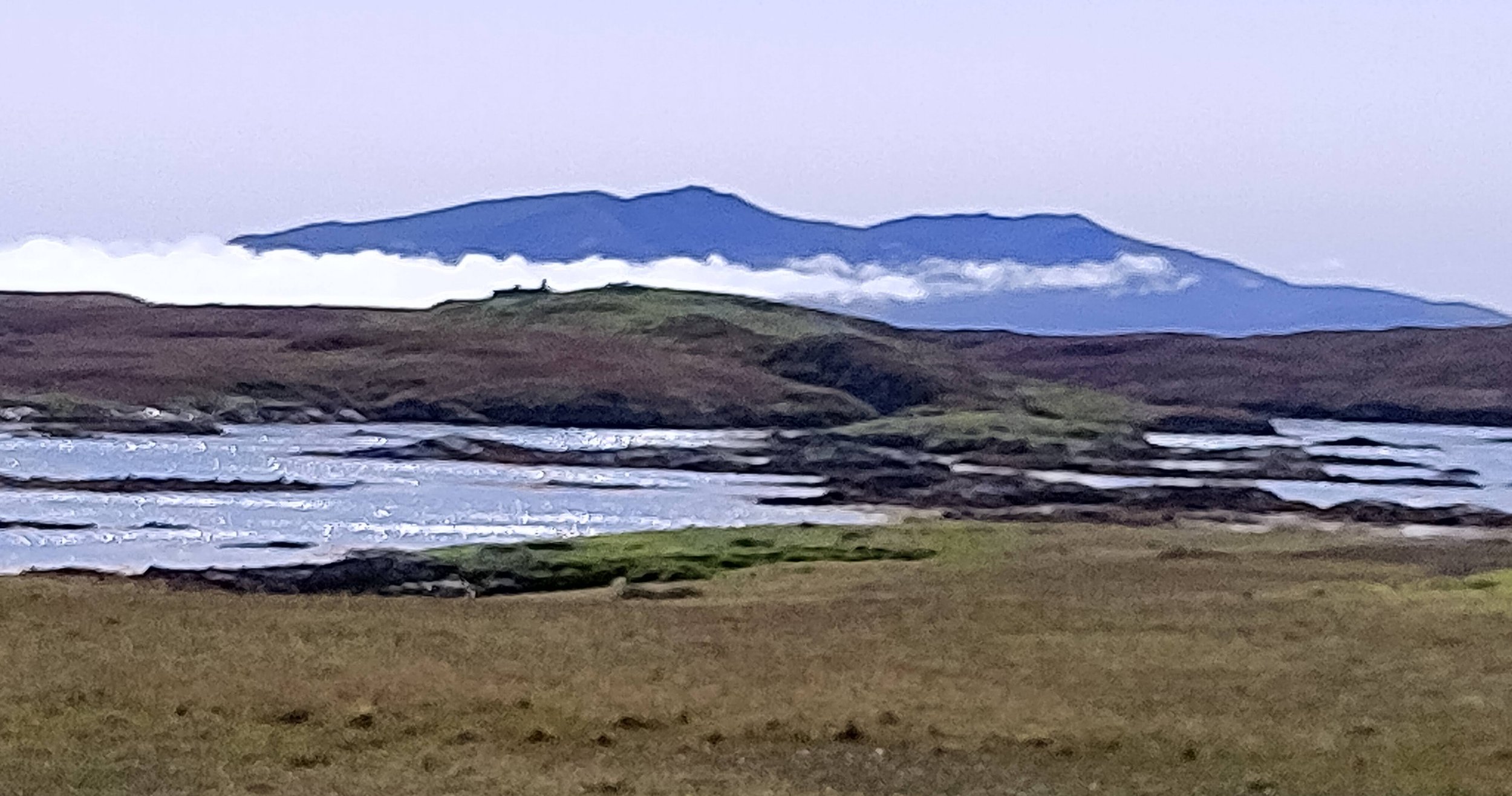
the dark magic of peat
Peatbogs have magical properties aside from those granted them in tales of mysterious marsh lights or mischievous fairies.
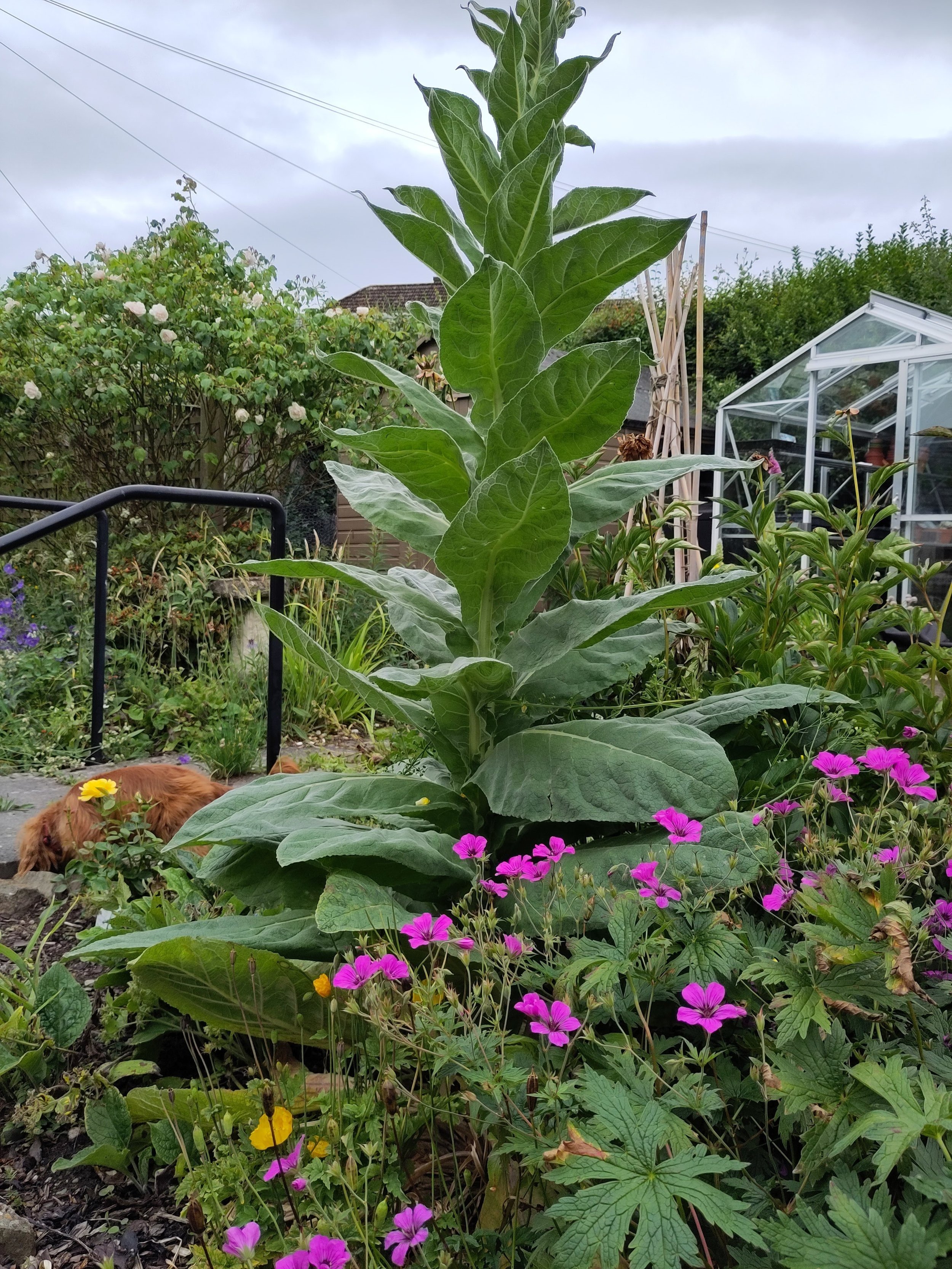
Undoing the garden
Although the borage is over now, there are plenty of foxgloves, blue geraniums and a statuesque yellow verbascum that’s turned up uninvited to keep the bees busy. The nettle patch is studded with butterflies, and as I walk past the spidery greenhouse I disturb a chaffinch shopping for nest material among last year’s shrivelled tomato stems.
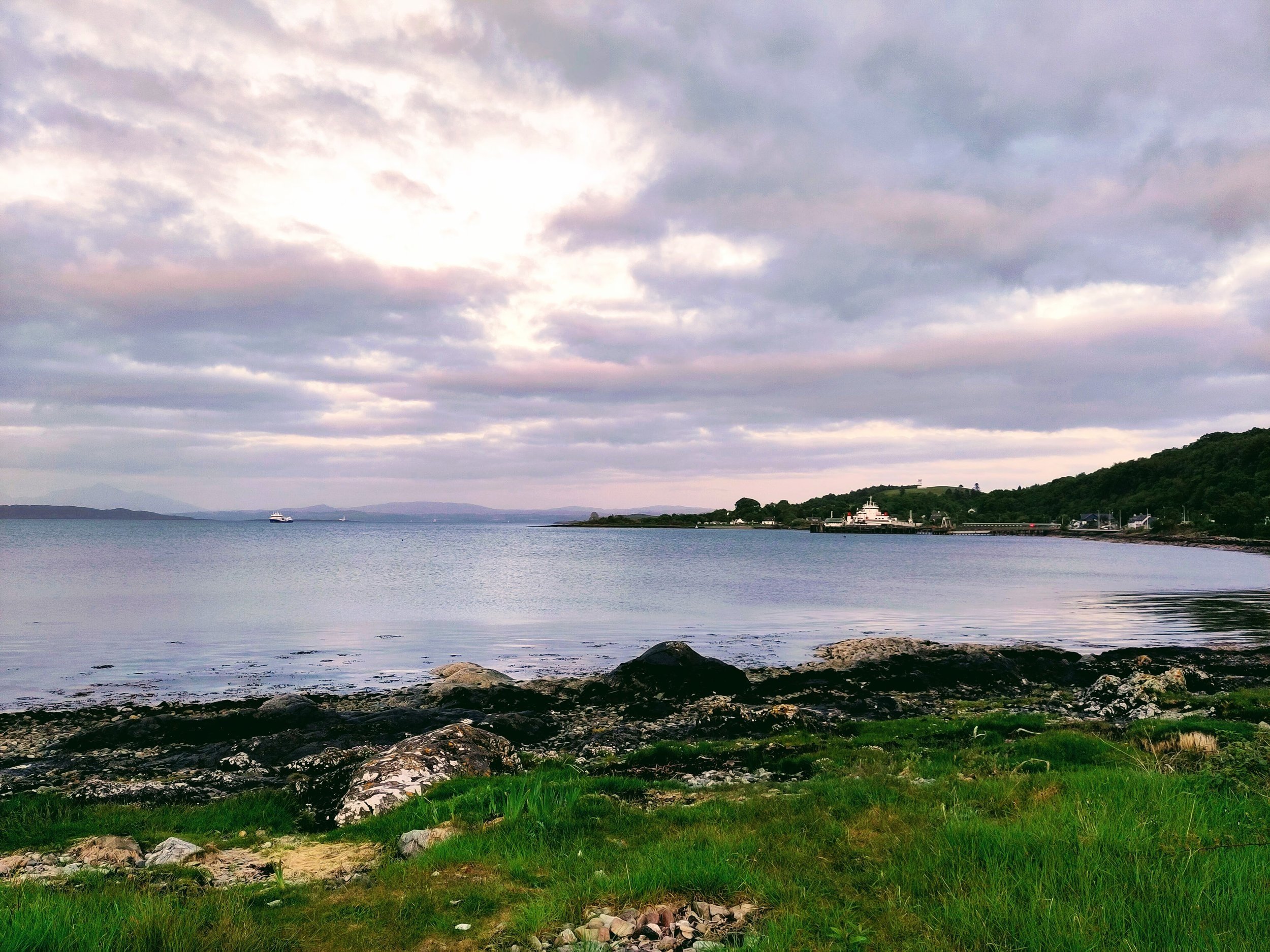
What lies beneath
Scotland’s long coastline and relatively small landmass mean that the seabed, represents a greater opportunity for carbon capture than all the peat, forestry, and grassland in the country.
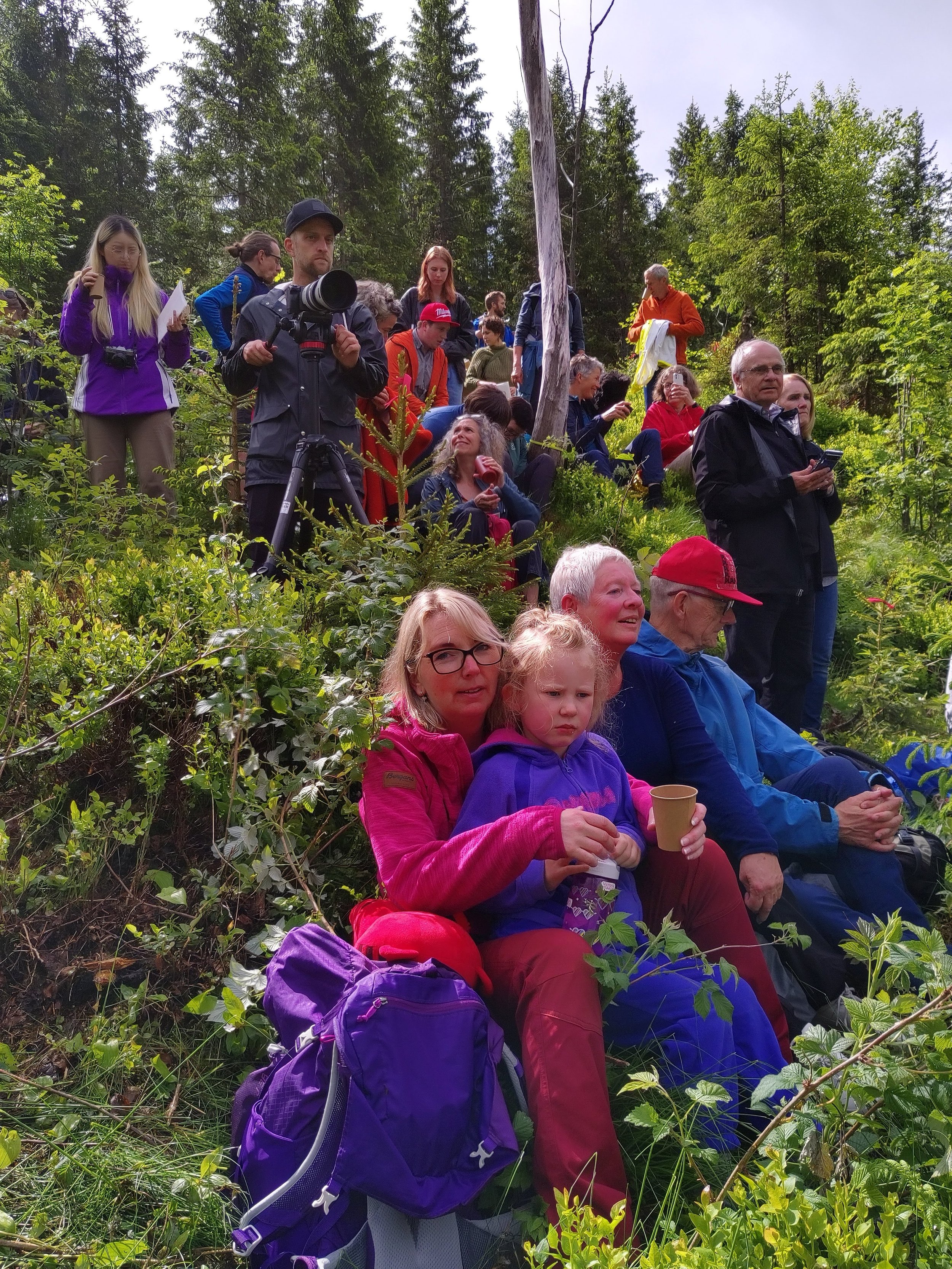
A short walk in deep time
Clutching cinnamon buns pressed on us by smiling volunteers, we scrambled up the wooded slope and arranged ourselves as best we could among the roots and mossy logs, taking care to avoid damaging the enchanted trees.
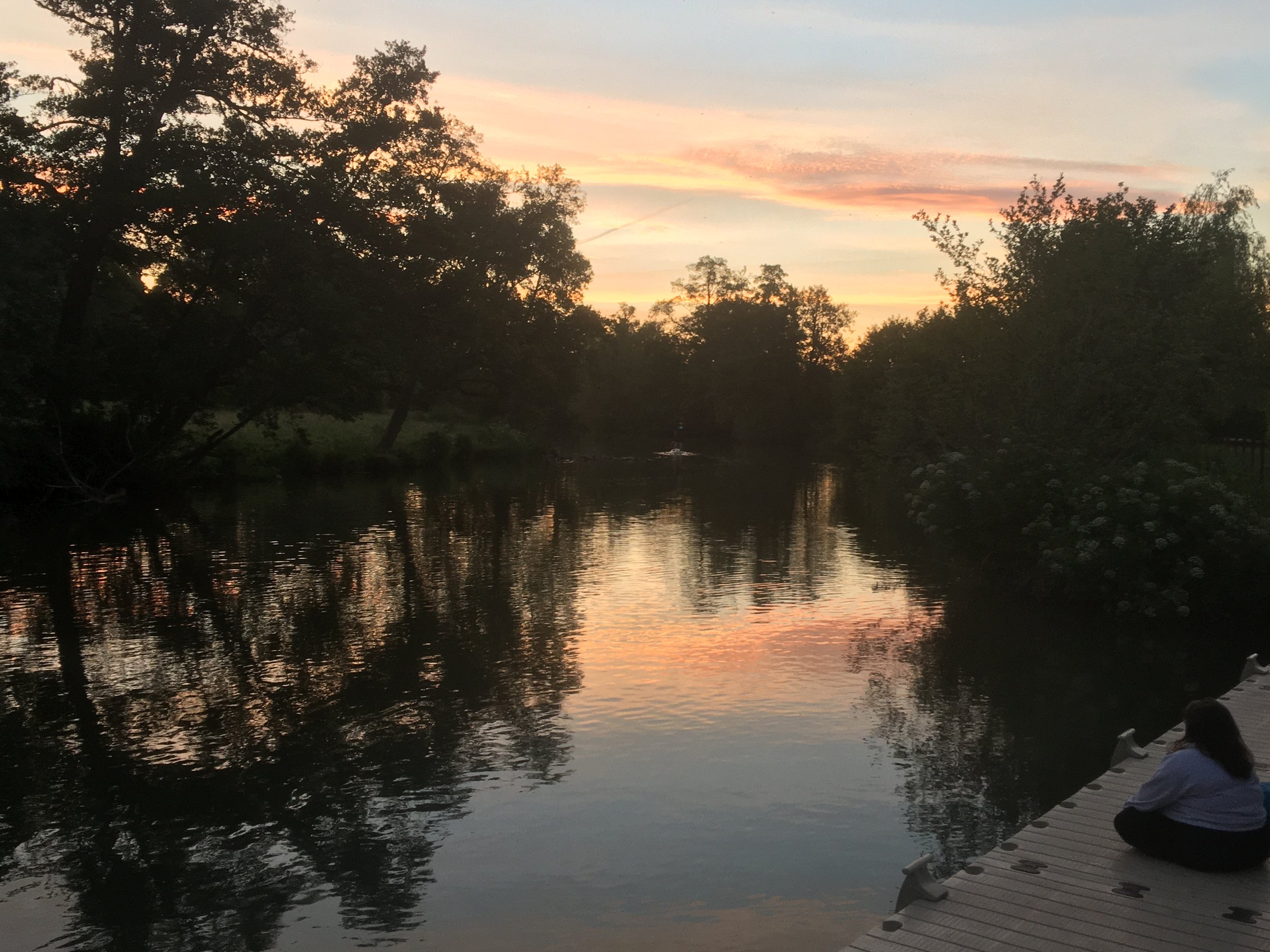
The lure of rivers
One lucky afternoon I chanced upon an interview between Robert Macfarlane and Mark Wormald about his book, The Catch – Fishing for Ted Hughes. I took the bait and bought the book, which is a hymn to the love story between humans and rivers. Reading it gave rise to memories of my Dad and his lifelong affair with fishing.

Landmarking - what is it?
There’s no doubt that humans have left their mark on the earth - the scars of open cut mines, plastic in the oceans, chemicals in our rivers. But I think we can do better than scrawl ‘We were here!’ across the surface of the earth. I believe that landmarking can be reframed as a positive act - a way of impacting the planet to the benefit of human and non-human life.